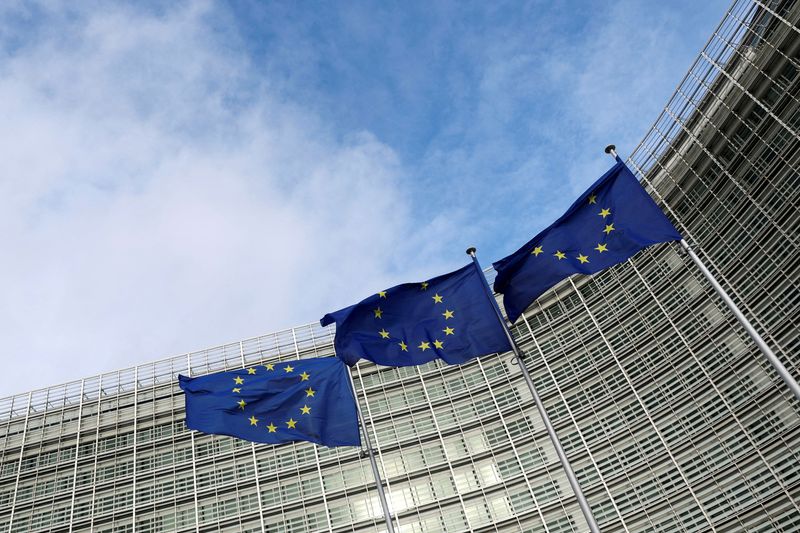By Andrew Gray and David Latona
BRUSSELS (Reuters) -European Union foreign policy chief Josep Borrell said on Monday he would propose sanctions against Jewish settlers responsible for violence against Palestinians in the Israeli-occupied West Bank.
Borrell was speaking after EU foreign ministers debated possible next steps in their response to the Middle East crisis triggered by Palestinian militant group Hamas's deadly Oct. 7 attack on Israel from Gaza.
While much international attention has focused on the cross-border assault and Israel's subsequent war against Hamas in Gaza, European officials have also expressed increasing concern about rising violence against Palestinians in the West Bank.
Borrell said he would propose a special sanctions programme to target Hamas - backed by the foreign ministers of France, Germany and Italy - but EU also had to act against violent Israeli settlers.
"The time has come to move from words to actions... and to start adopting the measures we can take with regard to the acts of violence against the Palestinian population in the West Bank," Borrell told reporters after the meeting in Brussels.
U.N. figures show daily settler attacks have more than doubled since the Hamas attack and Israel's assault on Gaza.
Borrell said the ministers had not yet shown the unanimous support that would be necessary to pass such a measure but he stressed he had not yet submitted a formal proposal.
EU officials would draw up a list of people known for attacks on Palestinians in the West Bank and he would then propose they be sanctioned for human rights abuses, he said.
Borell did not say what the sanctions would entail but EU officials have said they would involve bans on travel to the EU.
Diplomats have predicted it will be hard to get unanimity for EU-wide bans, as countries such as Austria, the Czech Republic and Hungary are staunch allies of Israel.
But some suggested a decision last week by the United States, Israel’s biggest backer, to start imposing visa bans on people involved in violence in the West Bank could encourage EU countries to take similar steps.
France said last month the EU should consider such measures and Foreign Minister Catherine Colonna told reporters on Monday that Paris was considering domestic sanctions against such individuals. Belgium has said it will ban them from its territory.
To be truly effective, however, any EU ban would have to be enforced across the bloc's border-free Schengen zone.
The settlements are one of the most contentious issues of the decades-long Israel-Palestinian conflict. They are built on land captured by Israel in the 1967 Middle East War but which the Palestinians seek for a future independent state. They are deemed illegal by most countries but have consistently expanded over the years.
On the issue of a special sanctions programme to target Hamas, Borrell said no minister had opposed the idea and he would bring forward a proposal for approval.
The EU already classes Hamas as a terrorist organisation, meaning any funds or assets that it has in the EU should be frozen.

In recent days, it has added Mohammed Deif, Commander General of the military wing of Hamas, and his deputy, Marwan Issa, to its list of terrorists under sanction.
But the foreign ministers of France, Germany and Italy said in a letter to Borrell that a special Hamas sanctions programme would send a strong political message and help the EU to target "Hamas members, affiliated groups and supporters of its destabilizing activities".